Evaluating Social Action for Rehabilitation
EVALUATING SOCIAL ACTION FOR REHABILITATION
Building on our work on positive psychology and restorative justice,
the Restorative Justice for All Institute (RJ4All) carried out a two year evaluation of Khulisa
UK's intervention programmes in order to build an evidence base for further practice and solid theoretical development. The work is the result of a successful joint bid with Khulisa to the Rehabilitation Social Action Fund
funded by the UK Cabinet Office.


THE EVALUATION PROJECT
RJ4All conducted quantiative and qualitative fieldwork with a sample group from two interventions, namely “Silence the Violence” and Milestones. These aim to reduce violence and anti-social behaviour through self-awareness and pro-social behaviour change. To achieve their goal, they utilize the Good Lives Models, which seeks to achieve the rehabilitation of offenders by nurturing their personal strengths and goals. We are testing this model as well as the programmes' effectiveness against the Cabinet Office's fund objectives. The research programme has received approval from the UK Ministry of Justice and in particular the National Research Committee of the National Offender Management Service.
EVALUATION METHODOLOGY
We applied a mixed method of quantitative and qualitative research methods. Following desk research, we first applied a quantitative methodology through the collection of data directly from the participants - offenders. These were analysed at two phases. During the first phase, statistical analyses were conducted in SPSS, using the entire sample. Univariate analyses included descriptive statistics, such as frequency tables and measures of central tendency and dispersion, depending on the type of the variable under examination. Multivariate analyses included inferential statistics for the association of variables, such as crosstabulations, t-tests and regression analyses, depending on the type of the variables in question.
A triangulation of these findings was the carried out through:
- Qualitative research that was carried out with financial support from Buckinghamshire New University and resources (in-kind and cash) from the Restorative Justice For All institute
- A review of the Ministry of Justice Data lab
- Control Groups that accessed with the support of the Prison National Offender Management Information System (p-NOMIS).
ETHICS AND STANDARDS
The RJ4All Institute as an independent evaluator and a research-based organisation ensures that ethical standards including the following are followed:
- RJ4All Research Ethics Handbook
- Data protection Law
- Confidentiality and consent form where appropriate
- User Engagement policy
- Application to the RJ4all Ethics Panel for approval
- NOMS Approval.

PUBLICATIONS
The Final Report was launched on Thursday 29th October 2015 at a public conference. Available to read and to download:
The e-book
Restorative Justice for All International Institute (RJ4All)
The RJ4All Rotherhithe Community Centre, 30 Plough Way London SE16 2LJ, UK
admin@rj4all.org | +44(0)7708758600 or 07795678904
Company CIC no : 08684719
| D-U-N-S: 219626583 | Ebay charity ID 125844 | CPD Membership no: 12186 | Paypal Giving Fund number: 1138175 | EC ID: E10008173 | EuropeAid ID: GB-2019-AKO-0605322022 |
European PIC:
941867673 | Ariba Commerce Cloud no: AN11181340179 | UKPRN: 10093192 | GLA Open Project System ID: 13678
